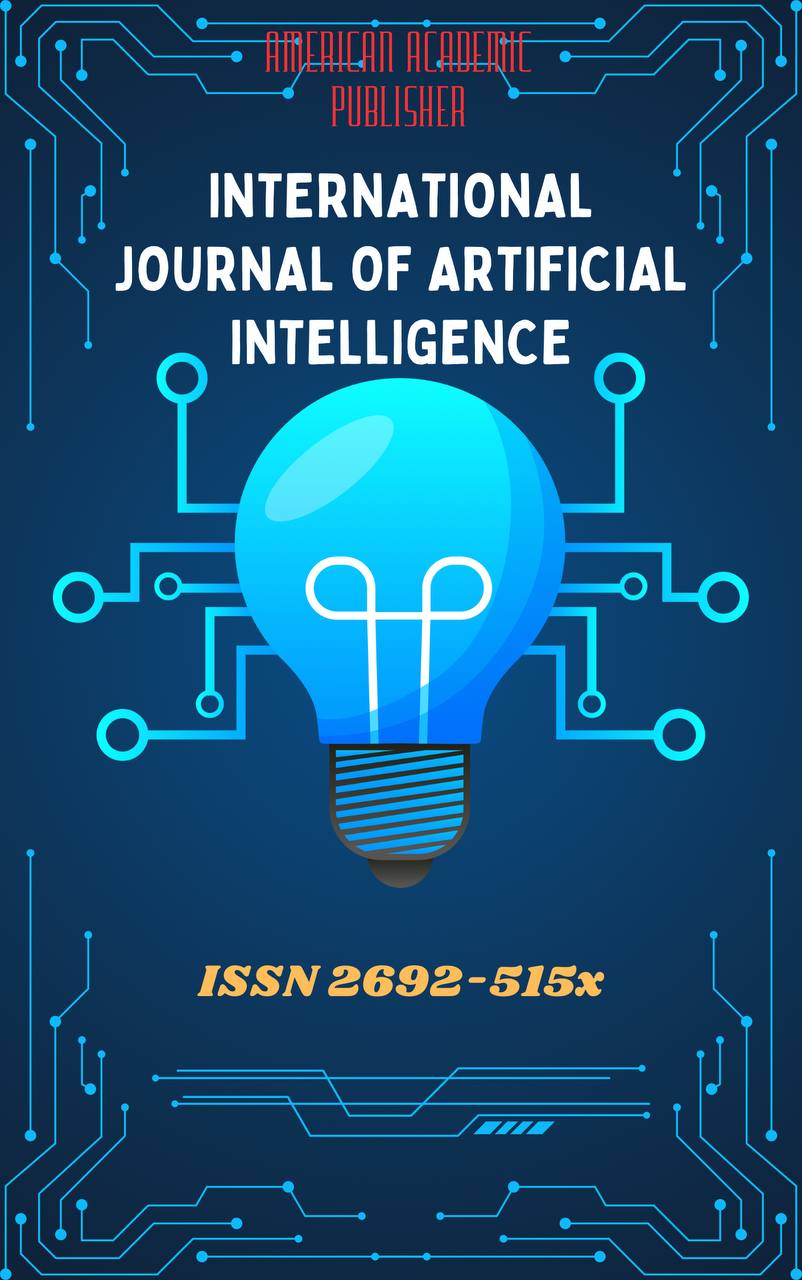 Articles
| Open Access |
Articles
| Open Access | MODERN JAPANESE EDUCATION SYSTEM (2010-2024)
Husan Abduyoqubov , Master's student, Chirchik State Pedagogical UniversityAbstract
This article provides a comprehensive analysis of the evolution of Japan's education system from 2010 to 2024. It examines key trends and developments in the system, with a particular focus on the adaptation to globalization, technological advancements, and innovations in pedagogical approaches. The article highlights the growing importance of fostering global competencies, such as intercultural understanding and foreign language proficiency, as Japan prepares its students for a more interconnected world. It also explores the integration of technology in classrooms, where digital tools and online platforms have become essential for enhancing student engagement and learning outcomes. Furthermore, the article discusses the shift towards student-centered learning, with a strong emphasis on active learning, problem-solving, and collaboration. It emphasizes the significance of emotional and social development in education, recognizing the need to support students' mental health and well-being alongside academic success. The article also touches on the evolving relationship between teachers and students, the changing role of parents in education, and the increasing demand for teachers to acquire new skills and adapt to these changes.
Keywords
Japan, education system, 2010-2024, globalization, technologies, STEM education, innovations, digital education, online learning, teacher development, inclusive education, education reforms, COVID-19 pandemic, pedagogical methods, social development, educational equity, cultural changes.
References
OECD (2020). OECD Review of Policies to Improve the Effectiveness of Resource Use in Schools: Japan. OECD Publishing.
Ministry of Education, Culture, Sports, Science and Technology (MEXT), Japan (2020). Annual Report on Education, Culture, Sports, Science and Technology in Japan. Tokyo: MEXT.
Sato, M. (2018). Educational Innovations in Japan: Modernization and Reform. Springer.
Tsuneyoshi, R. (2014). The Japanese Education System: A Model of Global Competitiveness and Social Adaptability. Palgrave Macmillan.
Shin, H. B., & Choi, S. J. (2020). Globalization and the Transformation of Japanese Education. Routledge.
Tachibanaki, T. (2017). The Japanese Economy: Its Problems and Prospects. Oxford University Press.
Nishimura, M. (2021). Teaching and Learning in the Digital Age: Transforming Japan's Educational Landscape. Journal of International Education, 45(3), 120-138.
Kariya, T. (2021). Education Reform in Japan: Teacher Professionalization and National Identity. Cambridge University Press.
Sakamoto, A., & Sato, M. (2019). Inclusive Education in Japan: Current Trends and Challenges. Asia Pacific Education Review, 20(4), 495-510.
Yamamoto, Y., & Kuroda, Y. (2020). The Role of Technology in Japanese Classrooms: A Post-Pandemic Review. Journal of Educational Technology, 22(1), 45-59.
Takeuchi, M. (2015). Parental Involvement in Japanese Education: The Role of Communication and Engagement in Student Success. Educational Policy Journal, 34(2), 230-245.
Nakayama, M. (2018). Global Competency and Education in Japan: A Cultural Perspective. Asia-Pacific Journal of Education, 38(2), 142-157.
Article Statistics
Downloads
Copyright License

This work is licensed under a Creative Commons Attribution 4.0 International License.

